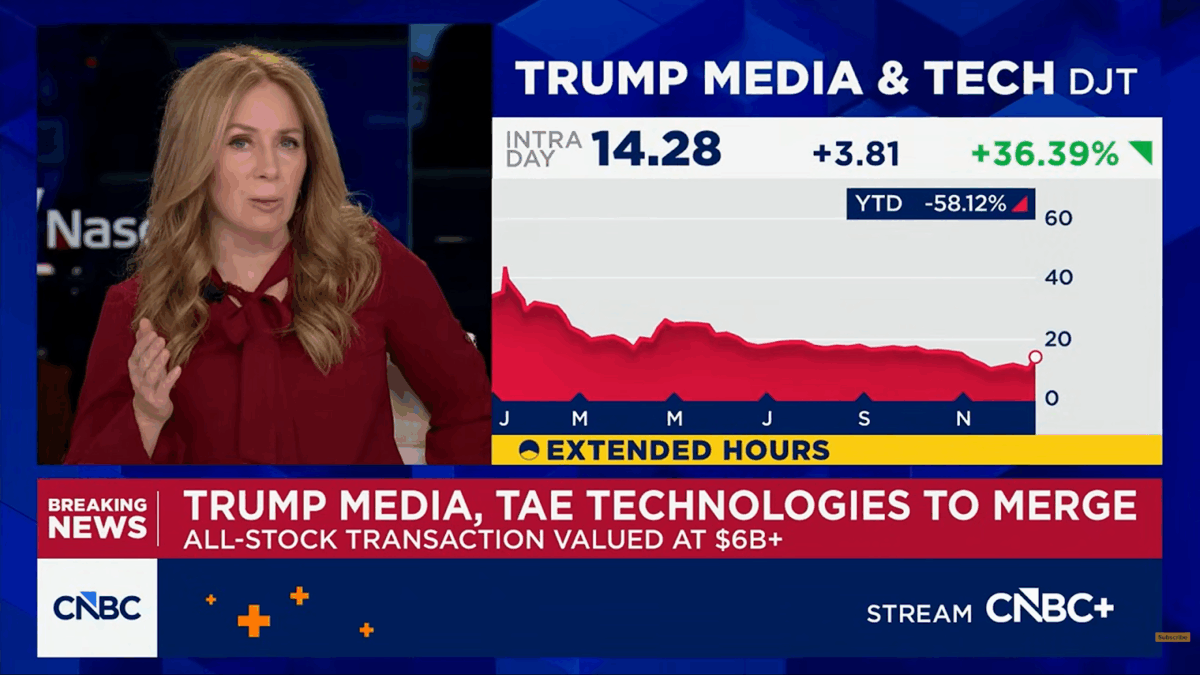
A Donald Trump spokesman recently announced the former president is working to develop his own social media platform. When Twitter permanently banned Trump, others who had been banned or were concerned about getting banned started signing up for a small Twitter competitor called Parler. In short order, however, Silicon Valley deplatformed Parler in a series of closely spaced actions.
Parler was expelled from both the Apple and Google app stores, which crippled their reach in an age when most internet traffic is from mobile devices. (Those two companies have a combined 98 percent market share in mobile device operating systems.) Then Amazon’s cloud hosting service AWS kicked them off, forcing Parler to look for hosting in Russia.
The Trump, Parler, and other bans triggered another round of hand-wringing from conservatives about discrimination from Silicon Valley. But they have no one but themselves to blame after doing nothing for nearly five years after the last round of deplatformings.
Back in 2016 and 2017, a number of right-wing provocateurs were banned from Twitter. Even PragerU ran into problems with its videos being assigned a restricted status on YouTube. And the first attempt at Twitter competitor, a company called Gab, was also kicked off the app stores, payment processors, etc. (Years later, after having been forced to build its own infrastructure, Gab is still running and attracting new users, but remains excluded from the mobile app stores).
I wrote about both the PragerU and Gab situations at the time. I noted that Internet censorship is a problem that it’s hard for ordinary market mechanisms to address because of Apple and Google’s stranglehold on access to smartphones and other mobile devices, something of which the government was aware but did nothing about as far back as 2012. In a mobile-first world, any consumer internet company requires their permission to even be in business at more than marginal scale.
That these companies have some standards for inclusion in their app stores is not necessarily bad. A ban on deceptive applications would be warranted, for example, as would policies prohibiting calls for violence. The problem comes from the fact that their guidelines are nebulously defined and enforced in an arbitrary and capricious manner against the politically unpopular with no recourse for those they reject.
These companies talk about hate speech, for example. But the biggest repositories of hate speech, calls for violence, doxing, child porn, and so forth are the major social media platforms like Twitter and Facebook. Much of the planning for the events of Jan. 6, for example, took place on Facebook. But there’s no danger of these apps being removed by Apple and Google no matter what happens on them or what they do (or fail to do).
What have conservatives done about this in the last five years? That’s right, nothing. Hence they are still at square one with continued deplatformings.
Is there a single research group focused on technology and social media in the vast public policy apparatus of Conservatism, Inc.? What conservative groups have published original research into how social networks are organized, how information propagates through them, who is banned (or shadowbanned) by these companies, what actions typically trigger bans, etc.?
Which of them have published sensible ideas for a regulatory framework for 21st-century technologies (as opposed to arguing that there should be no regulation, or that these tech companies are private businesses that can choose to ban whomever they like)? Conversely, how many of these institutions are raking in donations from tech companies? (Answer: a lot of them.) By contrast, the left has entire think tanks like Data and Society or researchers and activists like Matt Stoller focused on producing research and advocacy about social media and the technology industry.
The dirty secret is that some conservative players and institutions probably like these deplatformings, as they mostly affect people who are outside rightist agitators or populists who might threaten their status as the “rightful owners” of conservative politics in the country. You didn’t see people in Conservatism, Inc. complain when Mike Cernovich’s documentary “Hoaxed” was removed from Amazon’s video store, for example. People like Cernovich and Steve Bannon are people they would be happy to see gone. Some probably wouldn’t be sad if The Federalist were a victim.
Deplatforming poses little threat to establishment conservative institutions and personalities because they pose little threat to the left or to Silicon Valley. There’s no reason for the social media companies to ban them. But ignoring the problem of social media censorship is a great disservice to conservative voters and Americans in general because they do face a reduction in their ability to express themselves in the public square.
Conservative thinkers need to move beyond bromides about the free market and start doing real research on the landscape of new technology and communications media. They need to propose thoughtful, balanced policies to protect conservative voters’ (and everyone else’s) freedom of expression while not overly burdening the marketplace and responding to legitimate concerns around things like foreign election interference.
For example, it has long been established that because broadcast spectrum is limited and the government licenses it for exclusive use, the government can regulate broadcast content, such as the previous Fairness Doctrine. Since the mobile internet runs on the same type of government-licensed spectrum that is not available to all, the government can clearly license it subject to a requirement to protect free expression on data services.
That doesn’t necessarily mean a Fairness Doctrine II. It does show that there many legitimate public policy avenues by which America can respond to the opportunities and challenges of new communications technologies. Somebody is going to be shaping those policies, but at this point it doesn’t look like it is going to be conservatives. That needs to change.









